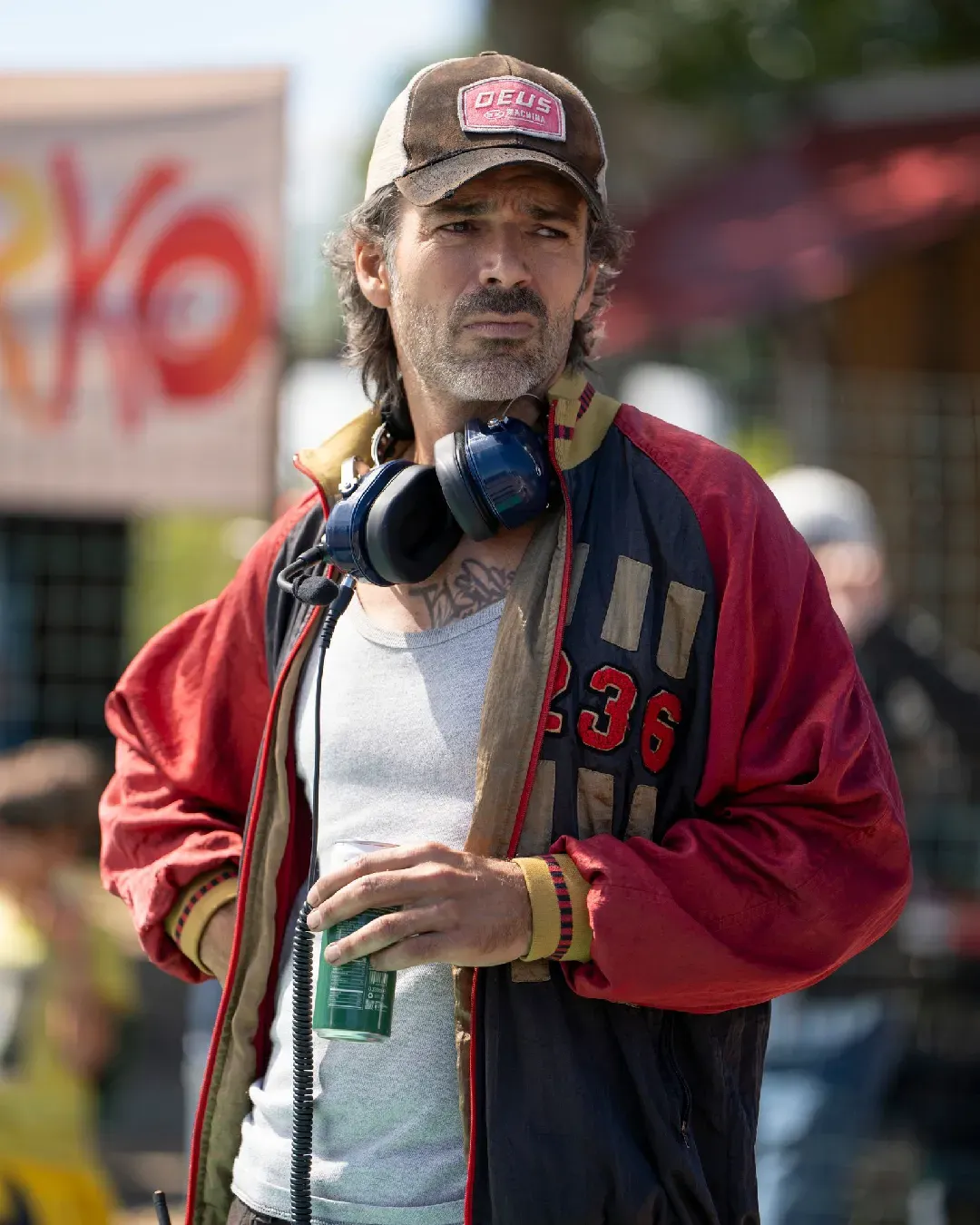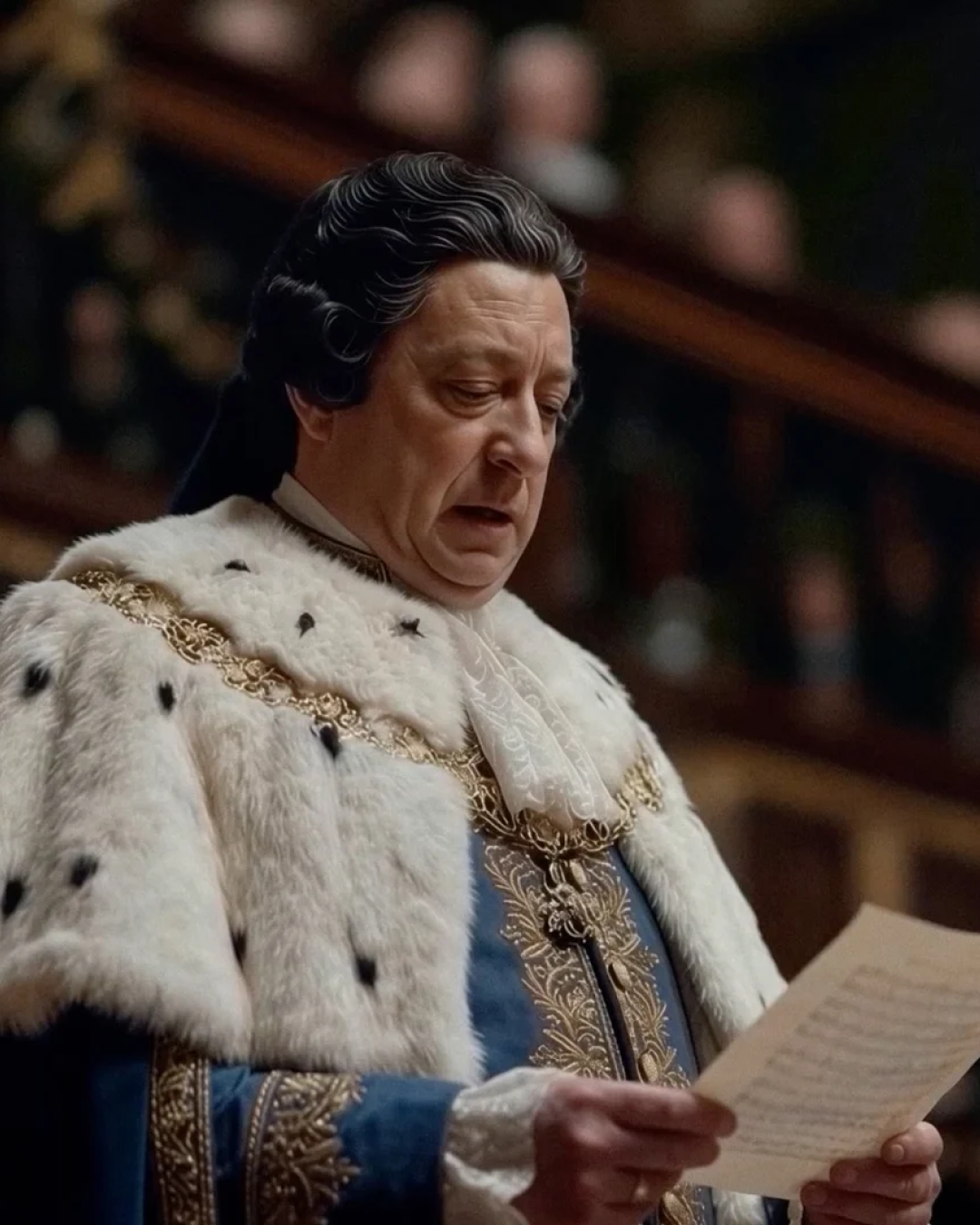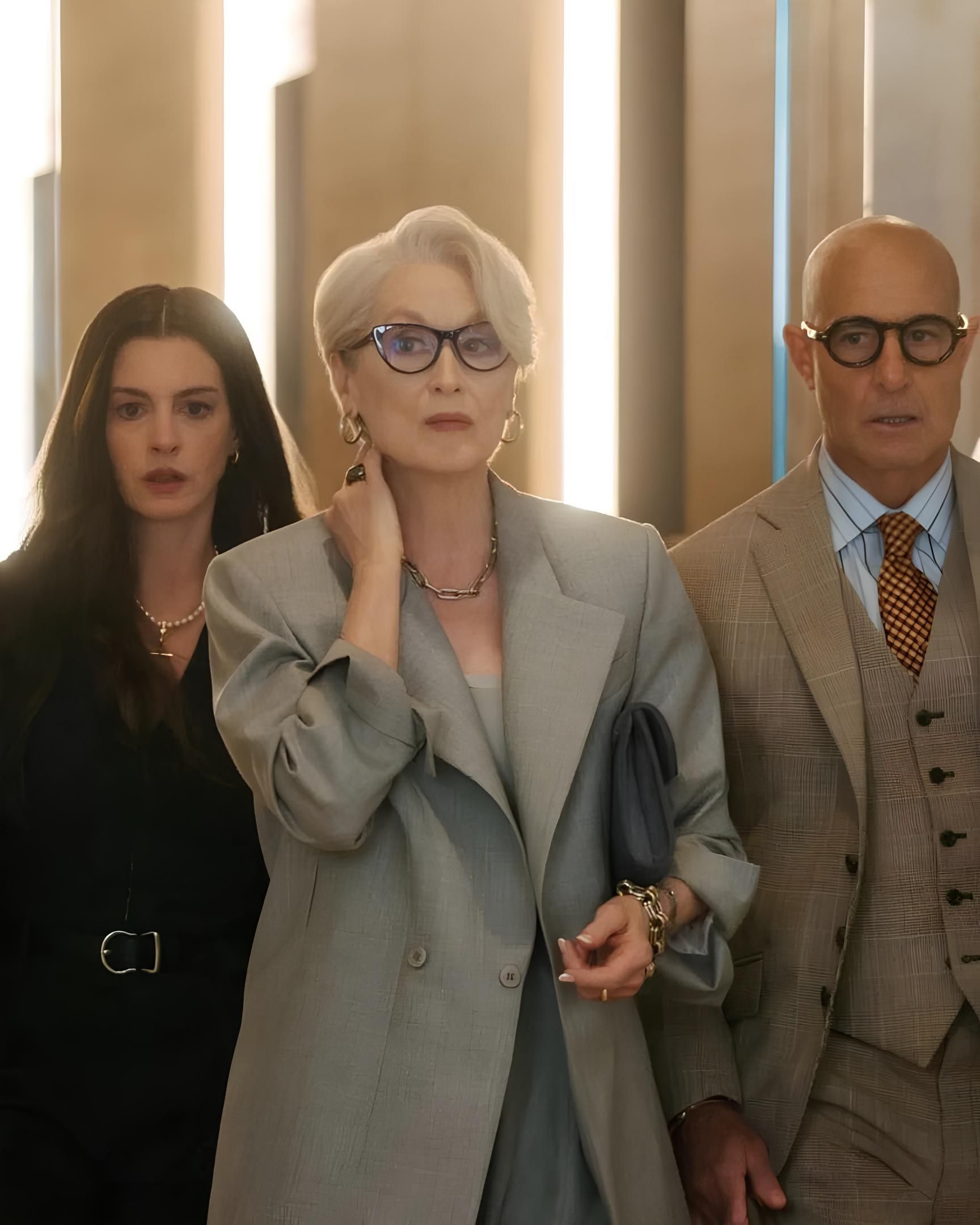
Everybody is watching restored film this summer A Format that's taking Italy by storm
In recent years, Italian cinema has increasingly focused on restored films, so much so that what was once considered a niche sector has become a structured and growing field, thanks also to collaborations between film archives and specialized laboratories. One of the most important centers in Europe is L’Immagine Ritrovata by the Cineteca di Bologna, where cutting-edge techniques are used and work is carried out in collaboration with other international archives. In fact, a restoration often involves a long process aimed at bringing the film as close as possible to its original version. In short, restoring a film doesn’t just mean improving its visual quality—sometimes even cut scenes can be recovered. This happened, for example, with Fritz Lang’s Metropolis, which circulated for years in an incomplete version until the original sequence was found, allowing the order of the scenes to be corrected. The restoration process generally starts by comparing all available copies from the various film archives operating internationally, in an attempt to select the one in the best condition. Then the film is treated, repaired if necessary, and stabilized; afterwards, it is digitized. Usually, the audio is also enhanced. When possible, the original film crew is involved: this was the case with the restoration of Last Tango in Paris, in which cinematographer Vittorio Storaro helped restore the original colors.
@cinerol |METROPOLIS| (1927) -Maria's transformation- #colorized #metropolis #fritz #lang #fritzlang #edit #edits #metropolisedit #fritzlangedit #germany #german #movie #germanmovie #germania #avanguardia #avanguardie #future #futurismo #futurism #horror #creepy #creepypasta #horrormovie #horrormovies #old #oldhorror #oldhorrormovies #film #filmhorror #filmstorici #kolossal #cult #filmdiculto #cultmovie #cinema #vintage #1927 #remastered #editor #fake #fakesituation #fakebody #fakeeverything #crazy #innovation #history #perte #foryou #foryoupage #fyp #viral #virale #voliamoneiperte #viraledit Metropolis 1927 - Matsuyamashiritsu Nishi Chugakkou
But restoring a film is not only a way to enhance its aesthetics: it also represents a cultural opportunity and, increasingly, an economic one. Restored films often return to cinemas or are featured in festivals, attracting sponsors and sparking curiosity—especially among younger audiences. The revenue generated by these events is often reinvested into other restoration projects, promoting a virtuous cycle. In this context, even relatively recent films are sometimes selected for restoration—not because they urgently need it, but because they are cult titles with the potential to attract large audiences. This was the case with Bernardo Bertolucci’s The Dreamers, restored in 2023 to mark the 20th anniversary of its release. A few decades ago, watching a restored film was considered a rare event. Today, however, it has become quite common, with many festivals offering entire sections dedicated to this field. In Italy, one of the most important events is Il Cinema Ritrovato in Bologna, which every summer brings film enthusiasts and scholars from around the world to the city. The 2025 edition will take place in venues across the city center from June 21 to 29. Among the many scheduled initiatives are rare films by Japanese director Mikio Naruse, as well as works from the Nordic noir period, and films by great directors of the past who are little known in Italy, such as Austrian filmmaker Willi Forst and American director Lewis Milestone. The festival is organized by the Cineteca di Bologna, which began its restoration projects thanks to this very event.
Another highly appreciated event among those interested in this cinematic field has been held since 1982 in Pordenone: Le Giornate del Cinema Muto, perhaps the most important silent film festival in the world. The event – which this year will run from October 4 to 11 – is entirely dedicated to niche silent films, often rediscovered or restored after many years. But restored films aren’t limited to dedicated festivals. In recent years, they have been distributed more frequently in theaters and reprogrammed by summer cinemas as part of second-run screenings. For example, three highly regarded films by Danish director Lars von Trier were recently restored and re-released – including Dogville (2003) with Nicole Kidman, while Dancer in the Dark (2000) with Björk, and Breaking the Waves (1996) with Emily Watson, will be shown in theaters respectively on June 9–10–11 and June 23–24–25. It’s also likely that many summer cinemas will reprise some of the restored films distributed during the year, offering audiences a chance to see them again on the big screen under the stars. Notable titles include Akira Kurosawa’s Seven Samurai, Peter Weir’s Picnic at Hanging Rock, Satoshi Kon’s Paprika, Martin Scorsese’s Taxi Driver, Wong Kar-Wai’s In the Mood for Love, and Ridley Scott’s Blade Runner, to name a few.













































